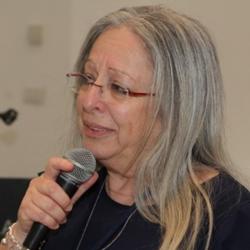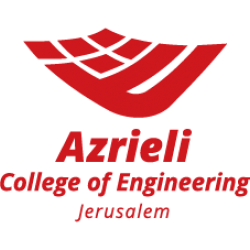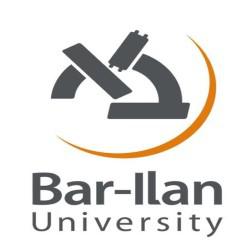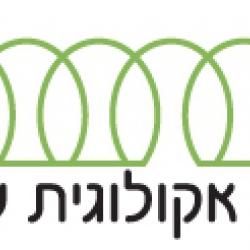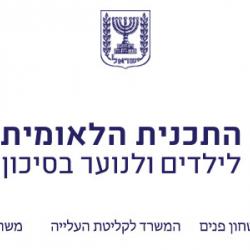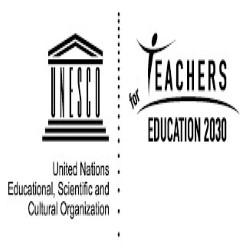MASHAV is the Hebrew name for Israel's Agency for International Development Cooperation
Israel's official international development cooperation program was launched in late 1957 with the aim of sharing with the rest of the developing world the know-how and technologies which provided the basis for Israel's own rapid development. MASHAV, the Hebrew name of Israel's Agency for International Development Cooperation, was established as a division of the Ministry of Foreign Affairs. What started as a modest program focused on grassroots-level human capacity building at a time when Israel itself was still very much a developing country, has blossomed into an extensive program of cooperation throughout the developing world with the aim of ensuring social, economic and environmental sustainable development.
Since its establishment, MASHAV has trained close to 270,000 course participants from approximately 132 countries in Israel and abroad and has developed dozens of demonstration projects worldwide.
MASHAV has consistently made its priority the goal of poverty alleviation, provision of food security, empowerment of women and upgrade of basic health and education services. The formalization of these priorities in the Sustainable Development Goals (SDGs) has only caused us to redouble our longstanding efforts to put Israeli solutions at the service of developing countries in order to further their implementation.
MASHAV Capacity Building Program
MASHAV’s Capacity Building Program includes a wide range of training programs for development, showcasing our commitment to share with others our best practices and technologies.
As a member of the family of nations, the State of Israel through MASHAV, shares the global responsibility of striving to achieve worldwide sustainable development and social equity to overcome development challenges with a strong emphasis of leaving no-one behind. In alignment with the 2030 Sustainable Development Agenda, MASHAV addresses development challenges by presenting a comprehensive and holistic approach, including the incorporation of several cross-cutting issues such as gender equality, health, education and environmental issues. Within this context, we believe it is imperative to implement an integrated innovative approach, one that combines all components of development assistance. The history of development activity has taught us all that only a combination of national policy blended with grass-root capacity building can bring about real change. This combination is the backbone of the State of Israel's long standing international development cooperation activity worldwide, as being implemented by MASHAV. According to our almost 60 years of experience, solutions to development challenges lie in the human resource, and therefore, we focus the lion share of our development activities on human capacity building, in accordance with the “training of trainers” approach. I am proud to present to you MASHAV’s Capacity Building Program, which includes a wide range of training programs for development, showcasing our commitment to share with others our best practices and technologies and make them accessible and adaptable to a wide range of global realities and needs.
Sincerely yours,
Ambassador Gil Haskel Head of MASHAV Israel’s Agency for International Development Cooperation.
“We must educate the soul and not just the mind” Abraham Heschel, Jewish philosopher and educator
Education is the bedrock of society. Basic conceptions about education have been changing in recent years throughout the world, spurred by phenomena that accompanied the arrival of the new millennium. Immigration patterns, demographic growth, the Internet and globalization have significantly influenced thinking about the development of human resources. The concept of a “knowledge-based economy” has become central to worldwide development efforts.
Today, in the information age, a country is as strong as the knowledge it holds. The development of any nation rests with its human capital and its ability to generate new ideas and foster skills. Education is the foundation of the economic, social and civil development of any nation; it increases human well-being, and is a decisive factor in enabling people to become productive and responsible members of society. A fundamental prerequisite for development is an effective educational system that is accessible to all.
The role of the educator has changed: educators are facilitators who allow the strengths of all children to emerge. The new challenge is to be more than “just a teacher” – it is to become an educator who considers the safety, concerns, and the communities to which children belong to enable them to understand their role in the world and discover how they can make it a better place.
A Window to Innovations in Education - “Who dares to teach must never cease to learn” John Cotton Dana
The MASHAV EDUCATIONAL TRAINING CENTER - METC- was established in 1989 by Haigud Society for Transfer of Technology, as a professional affiliate of MASHAV, Israel’s Agency for International Development Cooperation, Ministry of Foreign Affairs. The METC works in cooperation with Israel’s Ministry of Education.
Since its establishment, the METC has trained thousands of participants from all over the world, introducing them to the wealth of knowledge and experience accumulated in Israel, and presented by top experts in the field of social development. The METC contributes to the sustainable development of human resources.
The main area of activities is in the field of education. As stated in the Dakar Framework for Action: “Education for All: Meeting our Collective Commitments”, and adopted by the World Education Forum in April 2000, “Education is a fundamental human right. It is the key to sustainable development and peace and stability within and among countries, and thus an indispensable means for effective participation in the societies and economies of the twenty-first century.”
The METC offers a holistic and inclusive approach to education-related issues, the belief being that education should be flexible and adapt itself to the individual.
The METC focuses on learning at all levels, from elementary and secondary school to adult education, and provides professional training for developing basic skills, civic awareness and education for special populations.
The METC trains key personnel and agents of change in education in capacity building programs in Israel and conducts consulting missions and workshops abroad, aiming to transfer the knowledge gained in Israel in a manner that best suits the partner country’s development strategies.
The METC cooperates with senior staff at Israel’s Ministry of Education, academic experts and governmental and non-governmental organizations. In addition, it cooperates with key international organizations such as UNESCO, OECD, USAID, UNOCD, IOM, the World Bank and the OAS.
Target Population
The METC’s international activities are designed for senior staff of formal and informal educational systems, government officials and senior staffs of NGOs coming from developing countries – all of whom can serve as agents of change. The Center’s guiding principle is to address the specific needs of each country and organization requesting human resource development following a demand-driven approach.
The Center maintains direct contact with the participants and their affiliated institutions both prior to and following the programs, whether in Israel or abroad.The Center maintains direct contact with the participants and their affiliated institutions both prior to and following the programs, whether in Israel or abroad.

